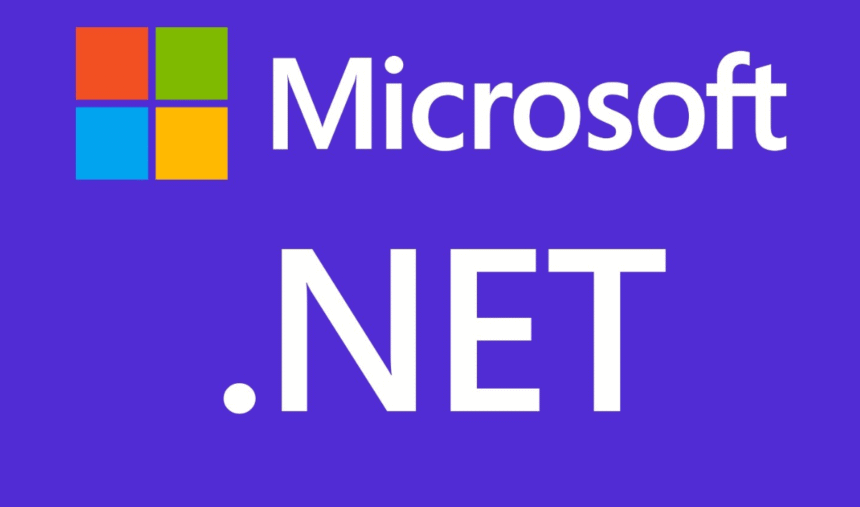For growing product teams, hiring decisions often sit at the intersection of urgency and precision. You can’t afford delays — features need to ship, systems need to scale, and stakeholders expect momentum. But building out your team quickly without sacrificing code quality or long-term maintainability is a tough balance.
This challenge is especially sharp when your product relies on a mature, enterprise-ready backend stack like .NET. You don’t just need developers — you need engineers who understand how to build systems that can evolve, integrate, and perform under pressure.
Why .NET Still Matters in 2025
.NET has evolved far beyond its early days as a Microsoft-centric framework. Today, it’s an open-source, cross-platform ecosystem that powers enterprise backends, APIs, cloud-native applications, financial systems, and even mobile and desktop apps via Xamarin and MAUI.
It remains the preferred choice for companies building stable, scalable platforms. Its strong typing, robust tooling (like Visual Studio and Rider), native Azure integrations, and backward compatibility make it a pragmatic option for long-term product development.
That’s why hiring .NET developers is still highly relevant for companies scaling complex software — and often, the challenge isn’t about choosing the stack, but assembling the right team to work with it.
The Case for Remote Developers When Scaling Fast
Hiring local, in-house developers may offer cultural alignment, but it’s rarely fast — especially in saturated tech markets. Recruitment cycles can stretch for months, pushing back product timelines. That’s where remote .NET developers offer a powerful alternative.
Remote developers let you scale without being limited to one geography. You gain access to larger talent pools, including specialists with deep .NET experience in areas like multithreading, microservices, cloud architecture, and secure financial systems.
Companies that hire .NET developers remotely benefit from faster onboarding, lower overhead, and flexible engagement models — from augmenting an in-house team to building a fully distributed backend unit.
It’s not just about cost efficiency. The speed and specialization that remote developers bring is often the key to hitting launch milestones or unlocking new product features ahead of competitors.
What Makes a Great Remote .NET Developer?
You don’t just need someone who can code in C#. You need someone who understands how your business works and can translate that into robust, scalable software. A great remote .NET developer:
- Has experience working in distributed teams
- Knows versioning and CI/CD workflows inside and out
- Writes clean, maintainable, and testable code
- Understands cloud deployments (especially Azure)
- Communicates clearly and documents decisions
The best developers combine backend mastery with a team mindset. They know when to build from scratch and when to integrate, when to optimize, and when to keep it simple.
Practical Steps to Hire Smart
Scaling a remote team isn’t about filling seats. It’s about building cohesion across time zones, aligning goals, and ensuring productivity doesn’t drop as the team grows. That starts with:
- Defining clear roles (backend API, integrations, infrastructure, etc.)
- Screening not just for skill but for remote-readiness
- Setting up solid onboarding flows and documentation
- Aligning work schedules for at least 2–3 hours of overlap
Companies that skip these steps often end up with misalignment or rework. The ones that succeed treat remote hiring as a system, not a shortcut.
Why Experience in Product Teams Matters
One key distinction: remote .NET developers with product experience think differently than contractors. They ask questions, look ahead, and focus on long-term code quality. They’re not just writing what’s requested — they’re building something that will evolve.
That’s especially important in product-driven companies, where roadmaps change and features evolve. Developers need to understand how their code affects the user, the business model, and the rest of the stack.
Igor Golovko, co-founder of TwinCore.NET, emphasizes that successful remote development isn’t just about hard skills. It’s about choosing people who can think like product engineers — developers who balance speed with architecture, autonomy with communication, and quick wins with long-term maintainability.
Final Thoughts
Scaling fast with remote .NET developers isn’t just feasible — it’s often the most efficient way to support product growth. When done right, it accelerates delivery, reduces operational drag, and gives you the flexibility to shift resources as needs change.
Whether you’re expanding your in-house capabilities or building a dedicated distributed team, tapping into global .NET talent can give you the momentum you need — without compromising on quality, performance, or control.
The key? Hire thoughtfully, onboard intentionally, and work with partners who understand how high-performing engineering teams are built.













